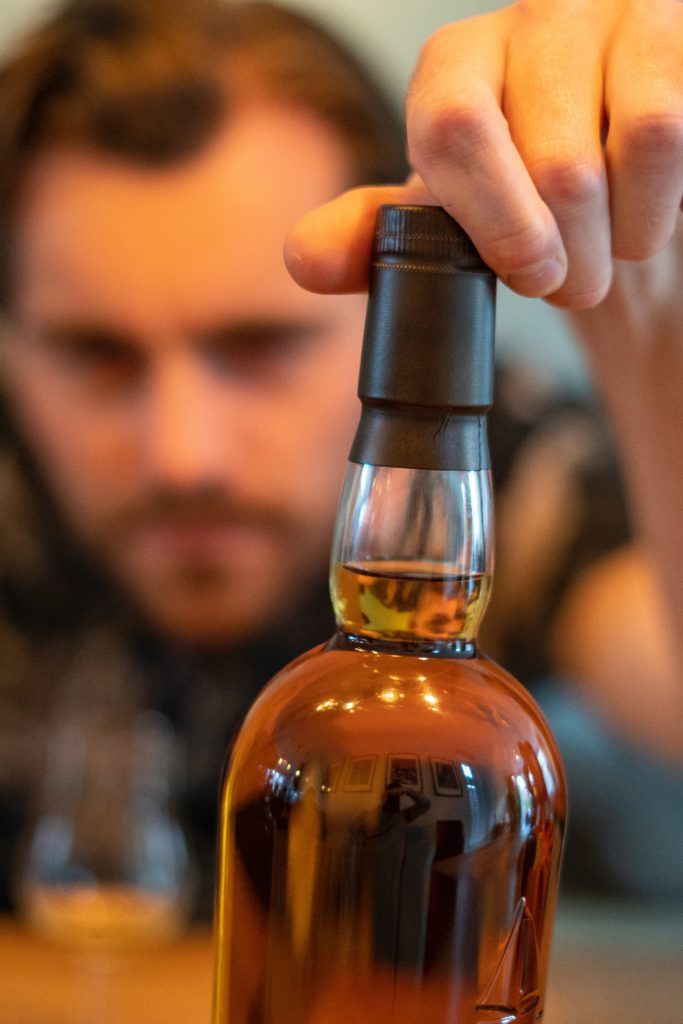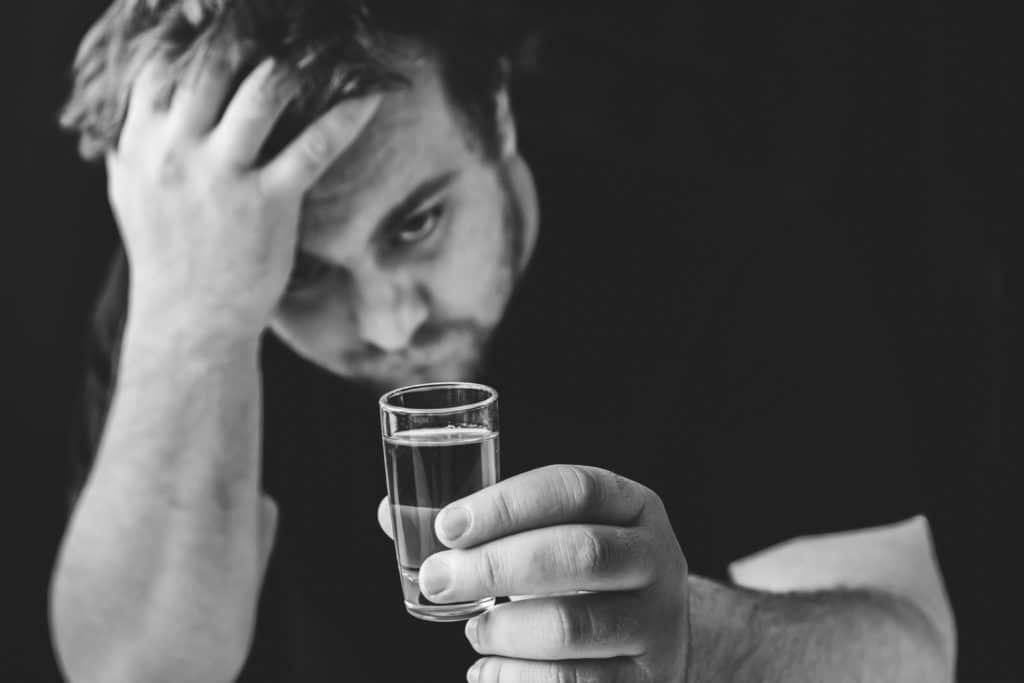What is Diabetes? Alcohol and diabetes type 2
Diabetes is a chronic disease that makes it challenging to control your blood sugar, or blood glucose levels. When you eat, certain types of food are broken down into glucose, which is released into the bloodstream. As your blood glucose levels rise, the pancreas reacts by releasing insulin, which helps your body use glucose as energy at a cellular level. People with diabetes have problems either making their own insulin or being able to utilize insulin efficiently; this can result in a rise in blood glucose levels which over time can lead to major health problems, like heart and kidney disease or vision loss.
There are a few different types of diabetes. Many cases of type 1 diabetes are thought to result from an autoimmune condition that targets and destroys pancreatic cells that normally make insulin, resulting in profound insulin deficiency. Type 1 diabetes is sometimes referred to as juvenile diabetes because many people are diagnosed with the disease as children or adolescents, however, it can affect individuals of any age. Both genetic and environmental factors are thought to contribute to the development of type 1 diabetes. If you have a parent with type 1 diabetes, you may be at an increased risk of developing this chronic disease yourself. Around 5-10% of all people with diabetes have type 1 diabetes.
People with type 1 diabetes must take insulin in order to survive. Serious warning signs of undiagnosed or unmanaged type 1 diabetes can develop rapidly. and may include signs and symptoms such as:
- Increased hunger and thirst
- Increased urination
- Blurry vision
- Fatigue
- Weight loss
Type 2 diabetes, on the other hand, develops in people who either don’t make enough insulin or whose tissues are unable to efficiently use insulin to utilize blood sugar as energy. You can develop type 2 diabetes at any time throughout your life, but it most commonly develops in middle- and older-aged people. People who are overweight or obese, aren’t physically active, or have certain genetic factors may be at higher risk for type 2 diabetes.

Type 2 diabetes may be associated with similar symptoms as type 1 diabetes. Because of the negative impact that chronically elevated blood sugars have on our microvasculature (or, tiny blood vessels), people with type 2 diabetes commonly experience issues with things like wound healing, and may also develop numbness or tingling in the extremities. Such symptoms can develop slowly, so people may not realize that they have diabetes until their symptoms worsen or they develop health problems like vision loss or heart disease.
A third, less-common type of diabetes is known as gestational diabetes, which sometimes develops during pregnancy in women without any prior history of diabetes. Gestational diabetes can potentially have harmful effects on the baby’s health and therefore the mother is monitored closely by a physician throughout her pregnancy. Once the baby is born, gestational diabetes usually resolves; however, it can also develop into type 2 diabetes in certain individuals.
Alcohol and diabetes type 2: Risks of Alcohol Use for Diabetics
If you have diabetes, alcohol can make controlling your blood sugar more difficult in different ways. For example, people with diabetes who drink alcohol and are otherwise well-fed can develop dangerously high blood sugar levels. On the other hand, people with diabetes who drink alcohol and are undernourished can develop dangerously low blood sugar levels.
Chronic heavy drinking can disrupt various metabolic processes (including those involved with blood glucose homeostasis) and could itself be a risk factor for developing 2 diabetes throughout life.
Drinking can also increase the risks of a range of other diabetes-related health conditions, including serious cardiovascular and neurological issues. Remember, if you or a loved one are experiencing an alcohol overdose, call 911 immediately.
Diabetic Ketoacidosis
Ketoacidosis is a serious and life-threatening complication of diabetes. Characterized by excessive levels of certain acids called ketone bodies (such as acetone, acetoacetate, and β-hydroxybutyrate) in the blood, this condition can develop when your body doesn’t have an adequate amount of insulin to allow blood sugar into your cells to use as energy.

In an effort to account for this lack of insulin and energy, the liver may excessively convert circulating fatty acid molecules into excessive ketone bodies, which can have severe health consequences. Ketoacidosis can result in symptoms such as thirst, frequent urination, fast or deep breathing, dry skin, flushed face, headache, nausea, fatigue, and stomach pain.
Heavy alcohol consumption, such as 16 or more standard drinks per day, can increase the risk for ketoacidosis in diabetics, posing extreme health risks for heavy drinkers with diabetes.
Alterations of Lipid Metabolism
Heavy alcohol consumption can worsen certain diabetes-related lipid abnormalities. For instance, alcohol consumption can result in elevated triglyceride levels, reduced levels of low-density lipoprotein cholesterol (LDL), and elevated levels of high-density lipoprotein (HDL) cholesterol.
Hypertriglyceridemia can increase the risk of cardiovascular disease and pancreatitis. Such inflammation of the pancreas can be not only painful but can additionally impair insulin production—further complicating blood sugar management issues for people with diabetes.
Cardiovascular Disease
Cardiovascular disease is one of the leading causes of death in those with Type 2 diabetes. Relatively heavy alcohol consumption can also increase blood pressure, which can additionally increase the risk of someone developing cardiovascular disease.
Retinopathy
Heavy alcohol consumption may also increase a person’s risk for developing diabetic eye disease. Diabetic retinopathy is a common diabetic complication and a leading cause of blindness in people who develop the issue. Retinopathy carries with it the possibility of permanent vision loss.
Neuropathy
Peripheral neuropathy involves damage to delicate nerve fibers important for both muscle function and various sensations such as touch, pain, vibration, and temperature. It can result in uncomfortable symptoms such as tingling, burning, pain, and numbness, which most often occur in the legs or feet and tend to worsen at night. Neuropathy can be extremely dangerous for sufferers and can increase the risk of sustaining various cuts and abrasions on the limbs. Such can be progressive and sometimes become extremely infected before they are noticed.
Diabetes and alcohol consumption are the two most common underlying causes of peripheral neuropathy. Although more research must be conducted on the impacts of diabetes and alcohol on neuropathy, various studies suggest that drinking and diabetes can compound or worsen the nerve-damaging potential of the other.
Statistics on Alcohol and Diabetes Type 2 in the U.S
Some statistics on alcohol use disorders and diabetes in the United States include:
- Past results from the National Health Interview Survey (NHIS) suggest that nearly 46% of people with diabetes currently drink.
- 4% of people with diabetes reported that they were binge drinkers (defined for the purposes of this survey by 5 or more drinks on one day), compared to 36.6% of those without diabetes.
- In general, people with diabetes consume less alcohol than those without diabetes.
- According to the Centers for Disease Control and Prevention, from 2015 through 2018, nearly 16% of U.S. adults aged 20 and older are estimated to have type 1 or 2 diabetes.
- 3% of these people have physician-diagnosed diabetes.
- 6% have undiagnosed diabetes.
- 27 million doctor visits are for patients with diabetes as their primary diagnosis.
Symptoms of Alcoholism
As stated by the National Institute on Alcohol Abuse and Alcoholism, these are the signs to be aware of in terms of this condition:
- Appearing intoxicated more regularly
- Appearing tired, unwell or irritable
- An inability to say no to alcohol
- Becoming secretive or dishonest
- Drinking more, or longer than one intended
- Wanting to cut down or stop drinking, or tried to, but haven’t been able to do so
- Spending a lot of time drinking, being sick or getting over the aftereffects
- Experiencing craving, a strong need, or urge to drink
- Founding that drinking, or being sick from drinking, often interferes with taking care of your home or family, job troubles or school problems
- Continuing drinking even though it was causing trouble with family or friends
- Giving up or cutting back on activities that are important or interesting to you, in order to drink
- More than once gotten into situations while or after drinking that increased your chances of getting hurt (such as driving, swimming, using machinery, walking in a dangerous area, or having unsafe sex)
- Continuing to drink even though it was making you feel depressed, anxious, or adding to another health problem, or after having had a memory blackout
- Having to drink much more than you once did to get the effect you want. Or finding that your usual number of drinks have much less effect than before
- Finding that when the effects of alcohol are wearing off, you have withdrawal symptoms, such as trouble sleeping, shakiness, irritability, anxiety, depression, restlessness, nausea, or sweating.
Treatment for Alcoholism
Alcohol and diabetes type 2: When it comes to Alcoholism treatment, it is normal to think of 12-step programs or 28-day inpatient rehab, but it becomes difficult to think of more options of treatment for this condition. There are a variety of treatment methods currently available. According to the National Institute on Alcohol Abuse and Alcoholism, there are three types of treatment:
- Behavioral Treatments for alcoholism: are aimed at changing drinking behavior through counseling. They are led by health professionals and supported by studies showing they can be beneficial.
- Medications for alcoholism: Three medications are currently approved in the United States to help people stop or reduce their drinking and prevent relapse. They are prescribed by a primary care physician or other health professional and may be used alone or in combination with counseling.
- Peer-Support Groups for alcoholism: Alcoholics Anonymous (AA) and other 12-step programs provide peer support for people quitting or cutting back on their drinking. Combined with treatment led by health professionals, mutual-support groups can offer a valuable added layer of support. Due to the anonymous nature of mutual-support groups, it is difficult for researchers to determine their success rates compared with those led by health professionals.

Reclaim Your Life From Alcohol and Diabetes Type 2
There is a risk link between alcohol and diabetes type 2, drinking can increase the risks of a range of other diabetes-related health conditions, including serious cardiovascular and neurological issues. If you suffer from alcoholism, stopping drinking may be a challenge, even if that involves your own wellbeing. We Level Up California can provide you, or someone you love, the tools to recover from alcoholism with professional and safe treatment. Feel free to call us to speak with one of our counselors. We can inform you about this condition by giving you relevant information. Our specialists know what you are going through. Please know that each call is private and confidential.
Sources
[1] Centers for Disease Control and Prevention. (2020, June 11). What is diabetes?
[2] National Institute of Diabetes and Digestive and Kidney Diseases. (2017, July). Type 1 diabetes.
[3] National Institute of Diabetes and Digestive and Kidney Diseases. (2016, December). What is diabetes?
[4] National Institute of Diabetes and Digestive and Kidney Diseases. (2017, May). Type 2 diabetes.
[5] National Institute of Diabetes and Digestive and Kidney Diseases. (2016, December). Diabetes tests & diagnosis.
